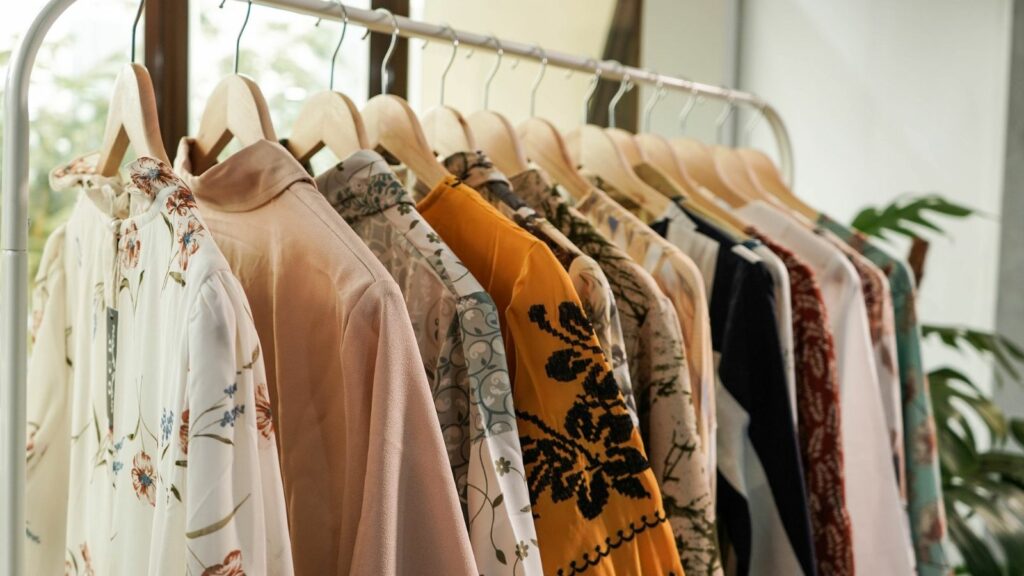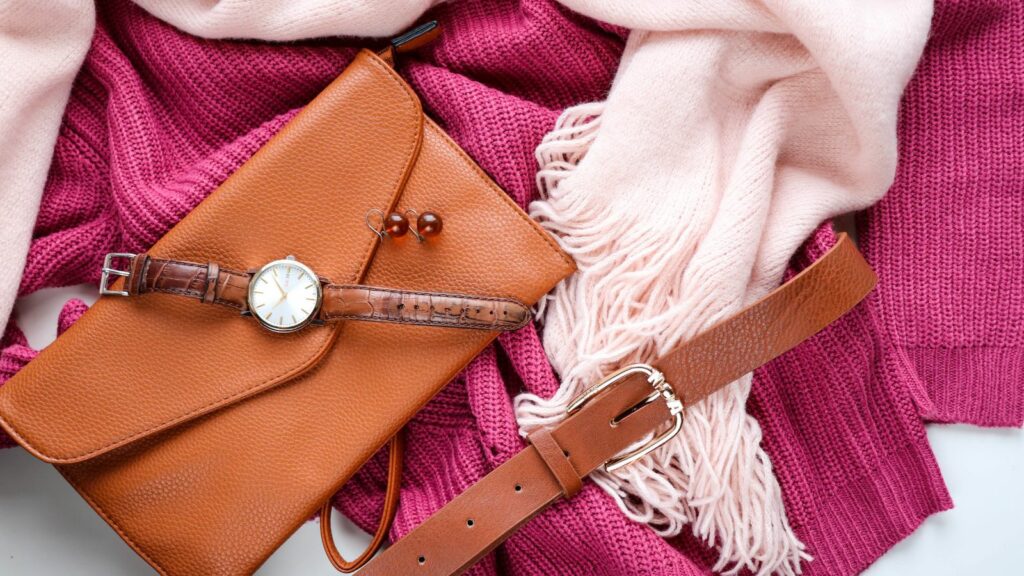In the world of fashion, there’s an emerging trend that’s not just about looking good, it’s about doing good too. It’s called sustainable fashion. This isn’t a passing fad, but a movement that’s gaining momentum and reshaping the way we think about our wardrobes.
From choosing eco-friendly materials to supporting brands that prioritize ethical production, sustainable fashion offers a way to express personal style without compromising the health of the planet. This article will delve into practical tips and strategies to help you make more sustainable fashion choices. So, whether you’re a seasoned fashionista or a style rookie, you’ll find something to help you make a positive impact.
Sustainable Fashion Tips
Peeling back the layers on sustainable fashion unearths a transformative approach to production and consumption in the fashion industry. Potent discussions underpinning this concept beckon stakeholders to rebalance scales tipped by years of environmental negligence.

Sustainable fashion, also known as eco fashion, represents a design philosophy influenced by ecological integrity and social responsibility. It upholds the concept of designing, producing, consuming, and discarding clothing with minimal impact on the environment. Espousing sustainable fashion results in reduced waste and overall environmental conservation. A paramount theme woven into the fabric of sustainable fashion is longevity, exemplifying slow fashion over fast fashion. So, a pair of jeans that lasts several years without falling apart, or a dress made from organic cotton supporting biodegradability, embody this ethos.
The Importance of Sustainability in Fashion
Sustainability in fashion plays a vital role in propelling a greener globe. As the fashion industry commands a significant stake in global commerce, implementing sustainable practices potentially extinguishes the prevalent harmful environmental footprint. Further, it serves as an ethical call to address issues related to conventionally grown cotton, a major culprit in water pollution due to the extensive use of pesticides; and to counter the 20,000 liters of water it reportedly takes to produce just one T-shirt and a pair of jeans. Essentially, sustainable fashion paves the way for responsible consumption and manufacturing, anchored in environmental stewardship and ethical business practices.
Sustainable Fashion Tips for Everyday Wear
Incorporating sustainable fashion into daily attire can optimize personal style and environmental impact. Here are some efficient strategies to make the everyday wardrobe more eco-conscious.

Selecting eco-friendly materials significantly reduces the environmental footprint of everyday wear. Materials such as organic cotton, bamboo, hemp, and recycled fabrics are excellent choices, as they involve low impact production methods and less water consumption. Organic cotton, for instance, is grown without synthetic fertilizers or pesticides, reducing soil pollution. Bamboo, another sustainable material, grows rapidly and replenishes itself with little need for water or pesticides. Notably, investing in garments made of recycled fabrics contributes to reducing landfill waste by repurposing used materials.
Supporting Ethical Brands
Endorsing ethical brands encourages responsible business practices in the fashion industry. These companies prioritize fair wages, safe working conditions, and sustainable materials over cost-cutting measures. Brands like Patagonia, Everlane, and People Tree serve as apt examples, consistently demonstrating transparency in their supply chains and dedication to eco-friendly practices. By choosing to invest in such ethical brands, individuals propel the drive for sustainable fashion, bolstering the move away from fast fashion and towards environmental conservation.
Sustainable Fashion Tips for Shopping
Initiating the journey towards sustainability involves thoughtful shopping. This section elucidates how one can make eco-friendly choices while shopping and contributes positively to the environment.

Identifying sustainable products doesn’t just involve checking for the ‘eco-friendly’ label. One should research the brand’s manufacturing process and resource sourcing to ensure ethical practices. For example, brands like Patagonia support sustainable farming for cotton production.
It’s important to consider materials as well. Eco-friendly materials like organic cotton, bamboo, and hemp are more sustainable than synthetic ones. For instance, Everlane prides its use of Regenerative Organic Certified cotton, a natural fiber grown using practices that reverse climate change by rebuilding organic matter in the soil and restoring degraded soil biodiversity.



